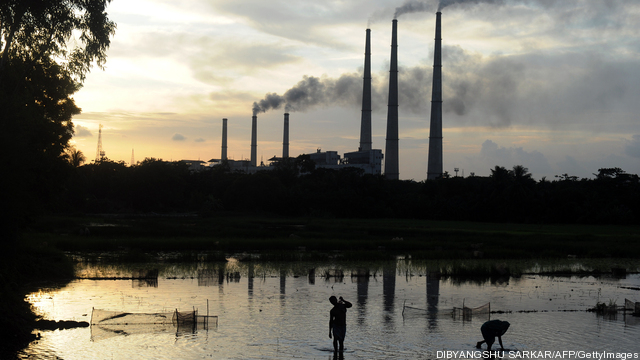An improving investment climate –
Perceptions of Africa as an investment destination are changing rapidly and parts of Africa are increasingly considered very attractive for foreign direct investment. Compare this to similar findings as recently as three or four years ago, and it becomes clear that there has been a remarkable change in Africa’s image in a short period of time.
The statistics suggest that these changing perceptions are justified. Africa’s share of global foreign direct investment stands at 5.7% – an all-time high, of which, notably, 80% is directed towards sub-Saharan Africa1. In addition, there has been a marked increase in intra-African investment. While the majority of this inward investment has been focused on the traditional extractive industries, it is worth noting that there is also a long-term trend towards increasing investments in consumer facing industries, such as financial services. Kenya, for example, is harnessing such investment to establish itself as a regional commercial financial hub…


